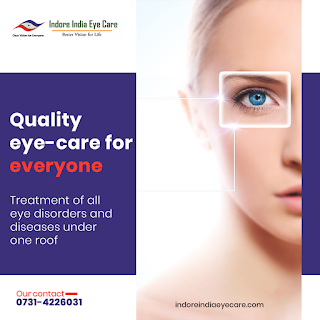What Is The Cost Of An Eye Surgery?

The laser eye surgeries are increasing day by day and such eye surgeries provide people with different choices instead of wearing their eyesight glasses and contact lenses. As laser eye surgery cost is falling, it is a great benefit as well as it comes with an option for people to cure their impaired vision through reasonably priced treatments. There are different reasons that cause changes in the eye surgery costs which have to be taken into account. The eye surgery cost could fluctuate mainly depending on the range of the prescription which means that if the prescriptions are high then the cost would be fairly expensive. The cost could also vary depending on the refractive condition of the patient, whether the patient is suffering from long-sightedness, short-sightedness or astigmatic. Another reason differences in eye surgery cost is the kind of eye surgery that the patient wants to choose. The better eye surgery you choose and the more advanced the operating techniques are would r...





